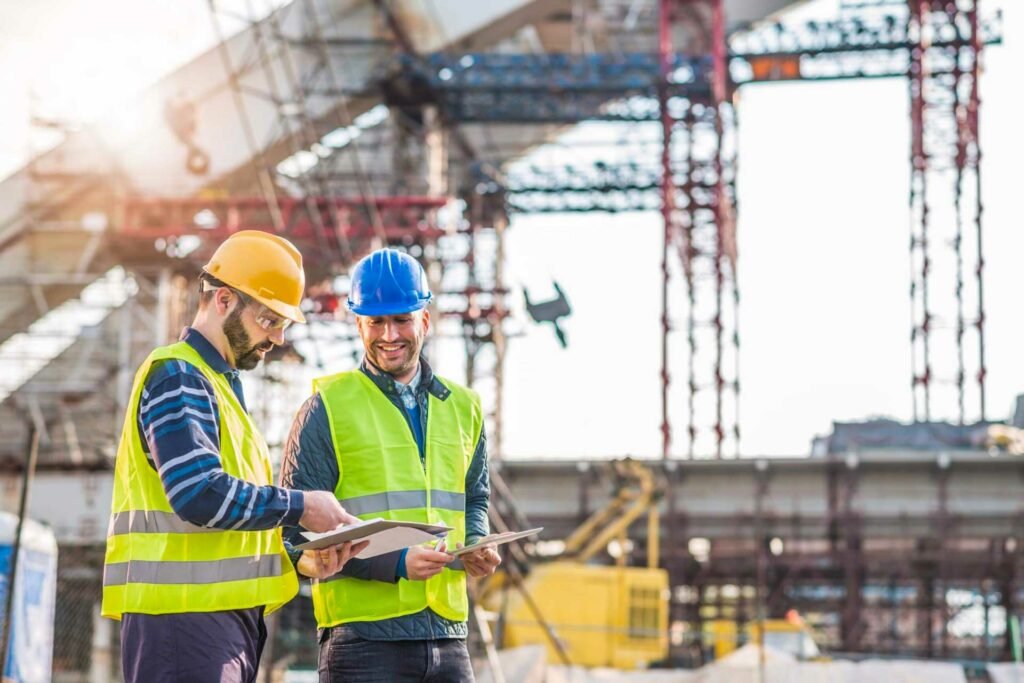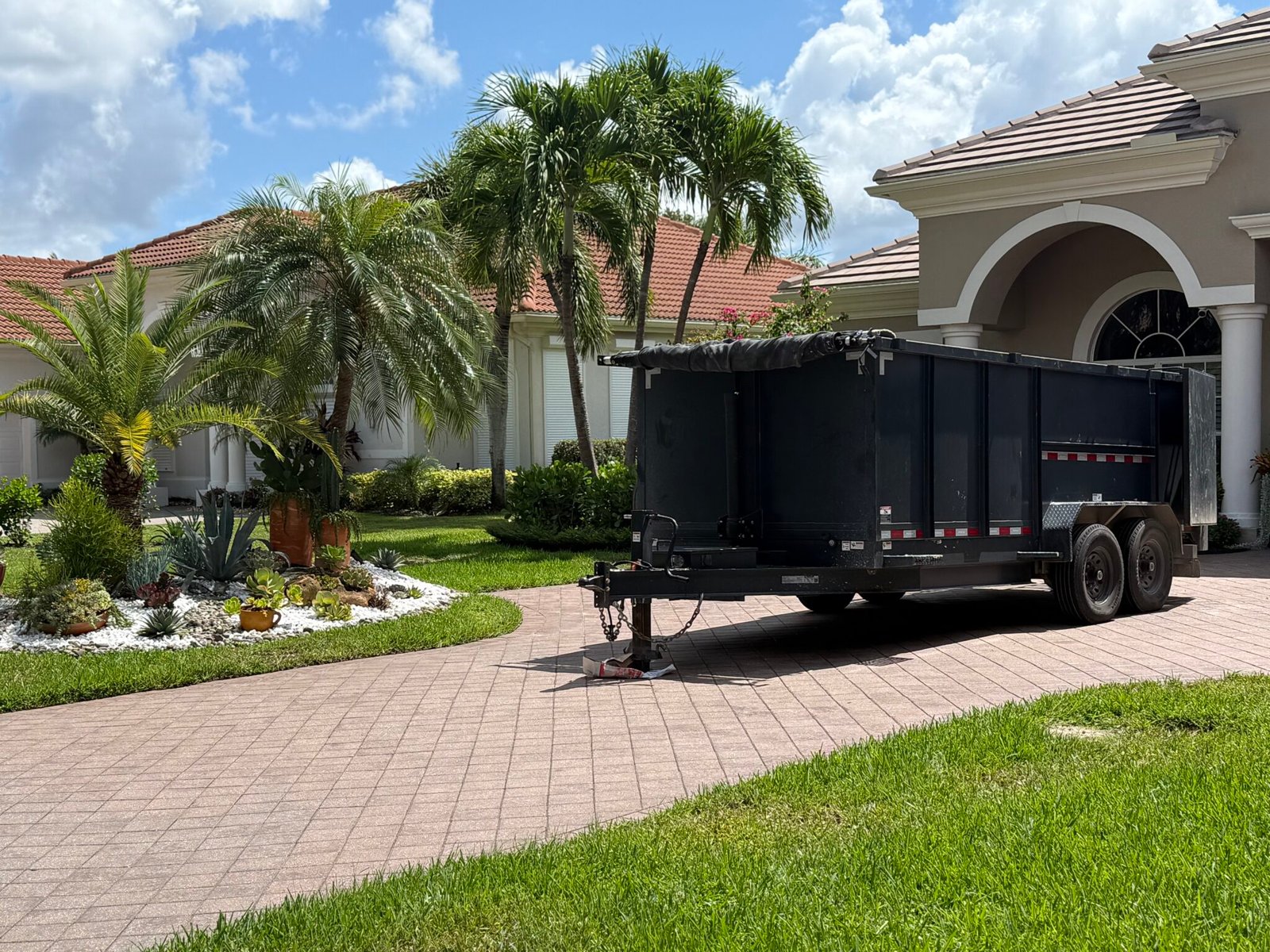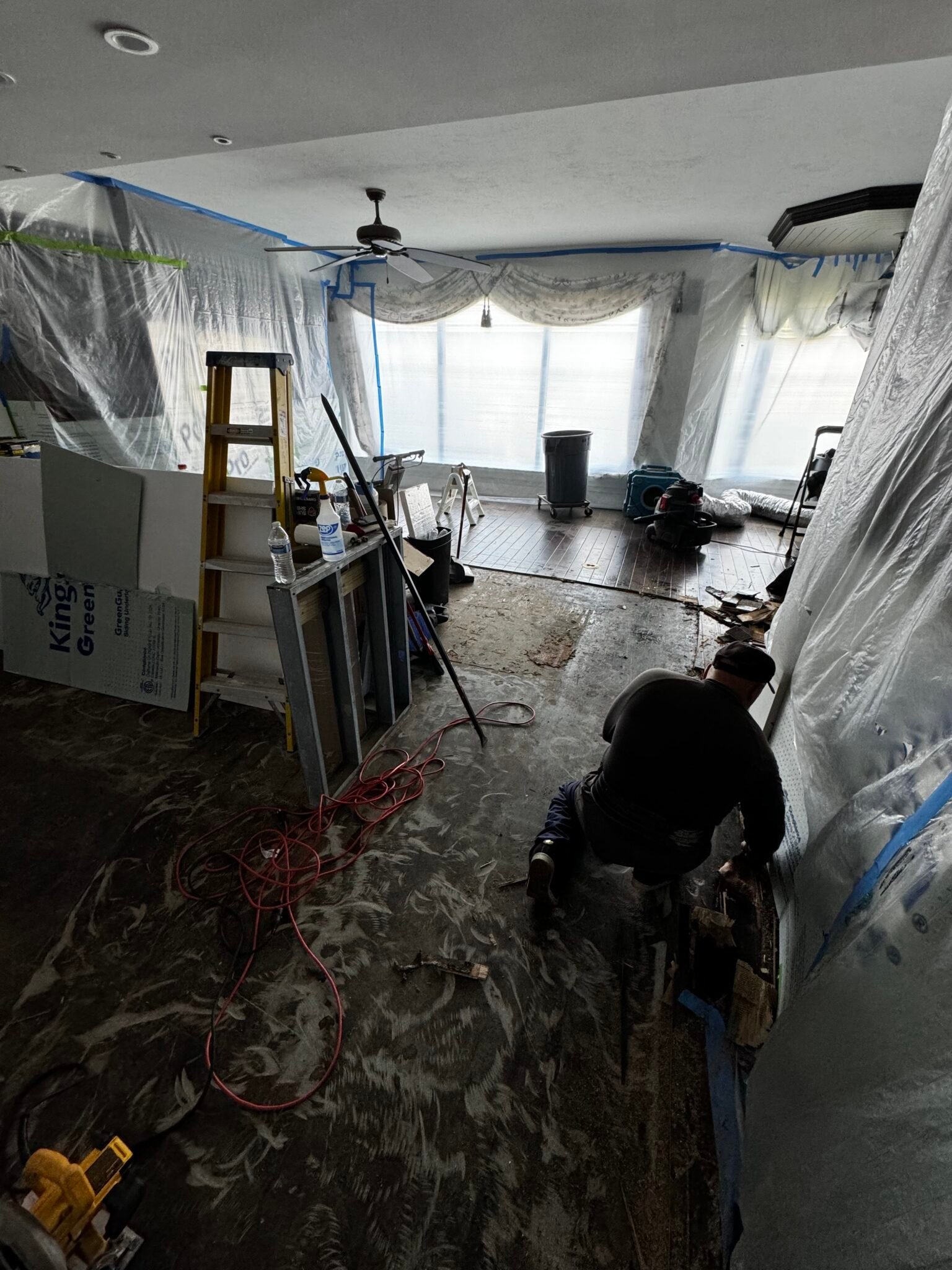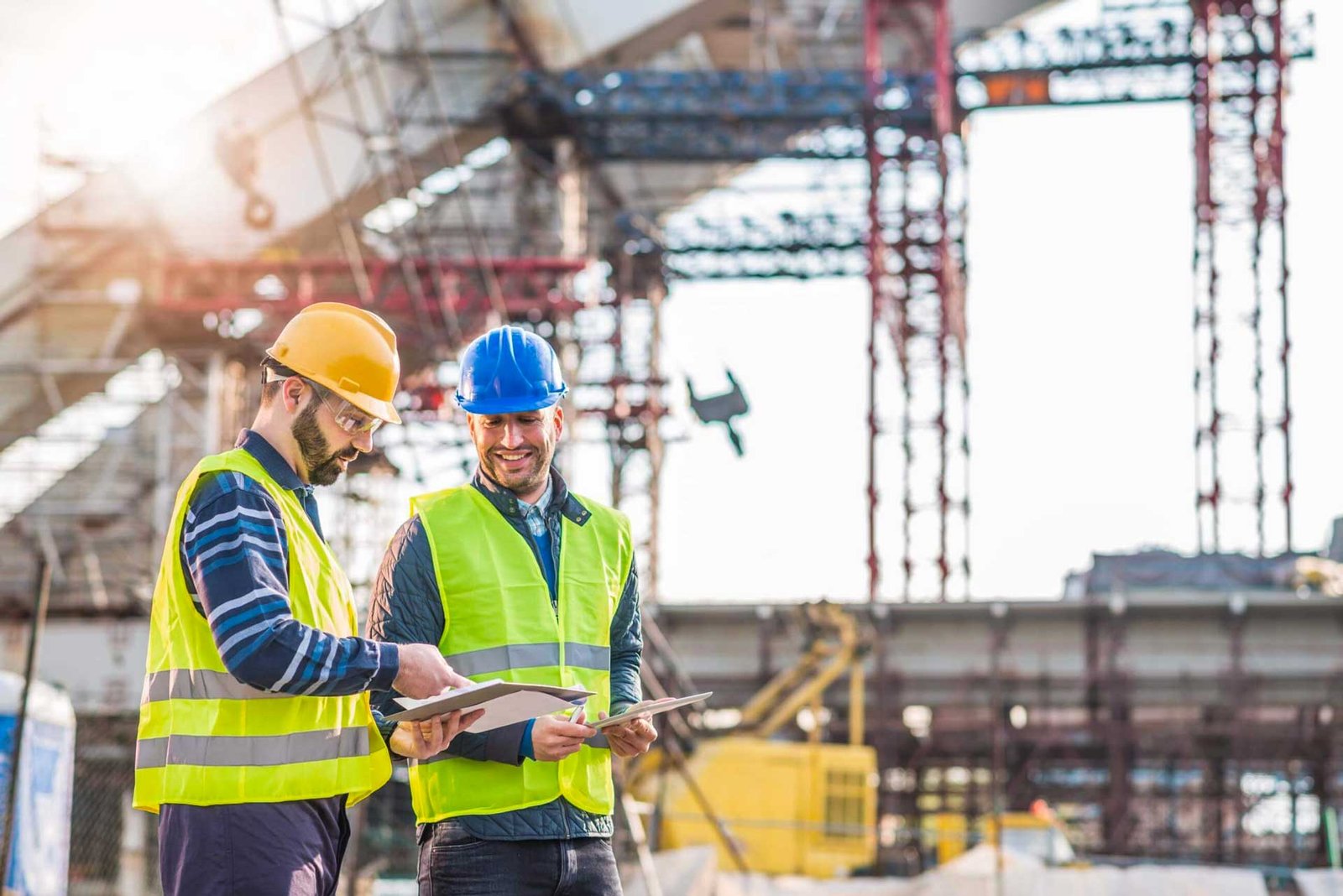Florida’s construction industry is undergoing a technological revolution, with new innovations transforming how projects are planned, executed, and managed. From AI-driven project planning to drones for site monitoring, modern technology is making construction safer, faster, and more cost-effective.
With Florida experiencing rapid urbanization and large-scale infrastructure projects, contractors, developers, and demolition companies must embrace the latest tech to stay competitive. This article explores the top technologies reshaping Florida’s construction scene and how they are improving efficiency across the industry.
Drones & Aerial Mapping: Enhancing Site Surveys & Safety
Drones (UAVs) are becoming essential tools in Florida’s construction industry, particularly for site inspections, land surveys, and safety monitoring.
- Site Surveying & 3D Mapping:
- • Drones equipped with LiDAR technology create high-resolution 3D site maps in minutes.
- • Faster and more accurate than traditional surveying methods.
- Construction Progress Tracking:
- • Contractors can monitor project progress in real-time with aerial photography.
- • Helps identify potential delays or safety hazards.
- Safety & Risk Management:
- • Drones reduce the need for manual inspections in hazardous areas (high-rise sites, bridges, tunnels).
- • Can detect structural weaknesses before they become serious issues.
- Florida Example:
- • Miami and Tampa developers are using drone mapping to plan high-rise construction in crowded urban areas.
- • Bridge construction projects use drones to inspect structural integrity without requiring lane closures.
AI & Machine Learning in Construction Management
The adoption of AI and machine learning is revolutionizing construction management in Florida. These technologies enable predictive analytics, allowing for more accurate forecasting of project timelines and budgets. By analyzing vast amounts of data, AI systems can identify potential risks and suggest proactive measures, thereby reducing delays and cost overruns. This shift towards data-driven decision-making is enhancing the overall efficiency of construction projects across the state.
Adoption of Sustainable Building Materials
In response to environmental concerns and the increasing frequency of natural disasters, Florida’s construction industry is embracing sustainable building materials. The use of eco-friendly resources reduces the environmental footprint of construction projects and enhances the resilience of structures against extreme weather events. This commitment to sustainability is evident in the growing popularity of green building practices throughout the state.
Advancements in Robotics and Automation
The implementation of robotics and automation is transforming various aspects of construction in Florida. Automated machinery and robotic systems are being utilized for tasks such as bricklaying and concrete pouring, increasing precision and efficiency. These advancements not only accelerate project timelines but also address labor shortages by performing repetitive or hazardous tasks, thereby improving worker safety.
Development of Smart Building Technologies
The concept of smart buildings is gaining traction in Florida, with the integration of advanced technologies to enhance building performance and occupant comfort. These systems allow for real-time monitoring and control of various building functions, leading to improved energy efficiency and reduced operational costs. The adoption of smart building technologies represents a significant shift towards more intelligent and responsive infrastructure in the state’s construction industry.
Conclusion
The infusion of technology into Florida’s construction industry is driving a paradigm shift towards more efficient, sustainable, and safe building practices. As these technologies continue to evolve, they promise to further transform the construction landscape, positioning Florida at the forefront of innovative building solutions.







